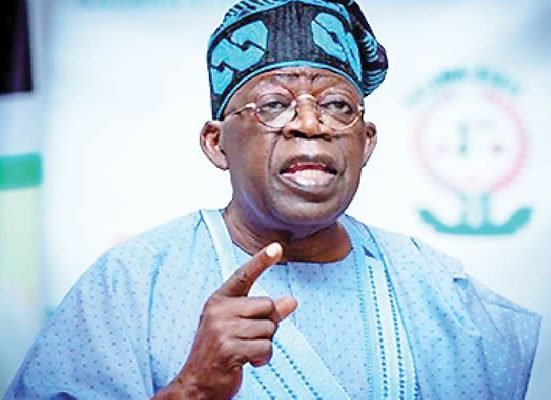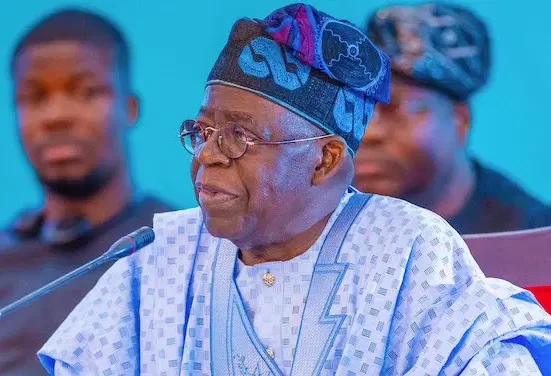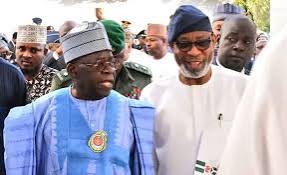By AMIDAT SHITTU OPEYEMI
Economic and international relations experts have called on the Nigerian government to draw lessons from China’s development model to accelerate the country’s economic growth. They emphasized that while China’s strategies cannot be copied wholesale, they can be adapted to fit Nigeria’s unique circumstances.
This call was made by stakeholders in China-Nigeria relations, including Professor Efem Uni, Acting Director of Research and Studies at the Nigerian Institute of International Affairs (NIIA); Mr. Ikenne Emewu, Editor-in-Chief of Africa China Economy Magazine; Mr. Charles Udeogaranya, Chairman of the Goods-Made-in-China Importers Association; and Mr. Efe Moses Shuaibu-Yahaya, Chairman of the Confucius Institute Alumni Association of Nigeria.
The experts spoke at the Lagos Forum Think Tank and Media Dialogue, held at the Chinese Consulate. The event was attended by China’s Consul General to Nigeria, Ms. Yan Yuqing; Deputy Consul General, Mr. Jin Mingyu; and Director of Bilateral Affairs, Mr. Xu Fan.
China’s Development Model and Lessons for Nigeria
At the forum, the experts highlighted key aspects of China’s development strategy that Nigeria could learn from. These include industrialization, infrastructure development, agricultural modernization, and digital transformation. They noted that China’s economic growth over the past few decades has been driven by strong government policies, investment in infrastructure, and a focus on industrial and technological advancements.
Ms. Yan Yuqing reaffirmed China’s commitment to supporting Africa’s development. She stated that under its recently concluded Two Sessions meetings, China has outlined ten partnership actions aimed at advancing Africa’s modernization. These include accelerating industrialization, expanding agricultural modernization, and implementing zero-tariff treatment for African exports.
According to Yuqing, China’s development model places strong emphasis on infrastructure and trade partnerships, which have had tangible benefits for Africa. She noted that China has built or upgraded nearly 100,000 kilometers of roads and more than 10,000 kilometers of railways across the continent.
“In the past three years alone, China has helped create more than 1.1 million new jobs in Africa. Trade between China and Africa reached 2.1 trillion yuan (approximately $280 billion) in 2024, a 6.1% year-on-year increase. For 16 consecutive years, China has remained Africa’s largest trading partner,” Yuqing said.
Strengthening Nigeria-China Relations Beyond Trade
While Nigeria has a strong trade relationship with China, the experts urged the government to go beyond commerce and strengthen partnerships in education, technology, and skills development. They encouraged Nigerian students to consider studying in China’s institutions, which are known for their excellence in science, engineering, and artificial intelligence.
Mr. Charles Udeogaranya stressed the importance of technology transfer, suggesting that Nigeria should establish more collaborations with Chinese companies to boost local production. “China’s rapid industrialization was largely driven by policies that encouraged innovation, research, and domestic manufacturing. Nigeria should adopt similar strategies to reduce reliance on imports and create a self-sustaining economy,” he said.
Similarly, Mr. Efe Moses Shuaibu-Yahaya highlighted the role of education in national development. He stated that Nigerian students studying in China could bring back valuable knowledge to help transform key sectors such as engineering, medicine, and artificial intelligence.
A Shared Future for Nigeria and China
The experts emphasized that Nigeria should view its relationship with China as a strategic partnership aimed at long-term economic growth. They commended China’s commitment to African development and urged the Nigerian government to negotiate better terms in trade and investment deals to ensure mutual benefits.
As Yuqing pointed out, “Africa is the continent of hope in the 21st century. There will be no global modernization without African modernization.” By leveraging China’s growth strategies, Nigeria has the potential to achieve economic transformation and build a more sustainable future.







